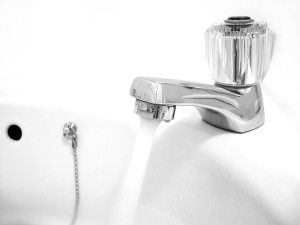An important element of our consulting services is the water audit program. Abraxas Energy Consulting offers water audits to federal, multi-family and commercial customers. With our water audit services, a trained water conservation auditor will conduct a comprehensive on site survey, collect water meter data, identify all sources of water, identify water using equipment, detect leaks, and provide water conservation measures that will reduce facility water usage.
We will provide a water audit report which will provide an analysis of current water usage, and provide a detailed list of water conservation measures. Each water conservation measure will include a description of the problem, the proposed solution, the estimated water savings, the cost to implement the solution, and estimated payback and savings for each recommended measure. We also provide information about rebates, incentives, or other applicable programs. As part of the audit, we will conduct a water balance, which will compare the metered water amounts with the estimated water usage of all of the water consuming devices. From this we have in the past been able to identify leaks and metering problems.
The purpose of a water audit report is to provide an assessment of current water usage practices, and provide a roadmap towards decreasing water usage in the future. During the water audit services we do the following:
1. Inventory all water using equipment and processes.
2. Identify any inefficient plumbing fixtures and appliances, as well as leaks and water waste.
3. Identify any kitchen equipment or processes that use more water than is necessary.
4. Look for water leaks.
5. Check hoses, pools, fountains and ponds for leaks.
6. Check float valves in cooling towers for excessive water usage.
7. Review irrigation schedules, and irrigation systems and make recommendations as needed.
8. Check for broken sprinkler heads and excessive runoff.
9. Suggest upgrades, retrofits, or new more efficient equipment.
10. Compare water meter data to estimated water usage data to identify if there are substantial problems with water leaks or metering errors.
11. Provide a list of suggested water conservation measures, along with water savings potential, costs to implement, available incentives, and simple payback.
